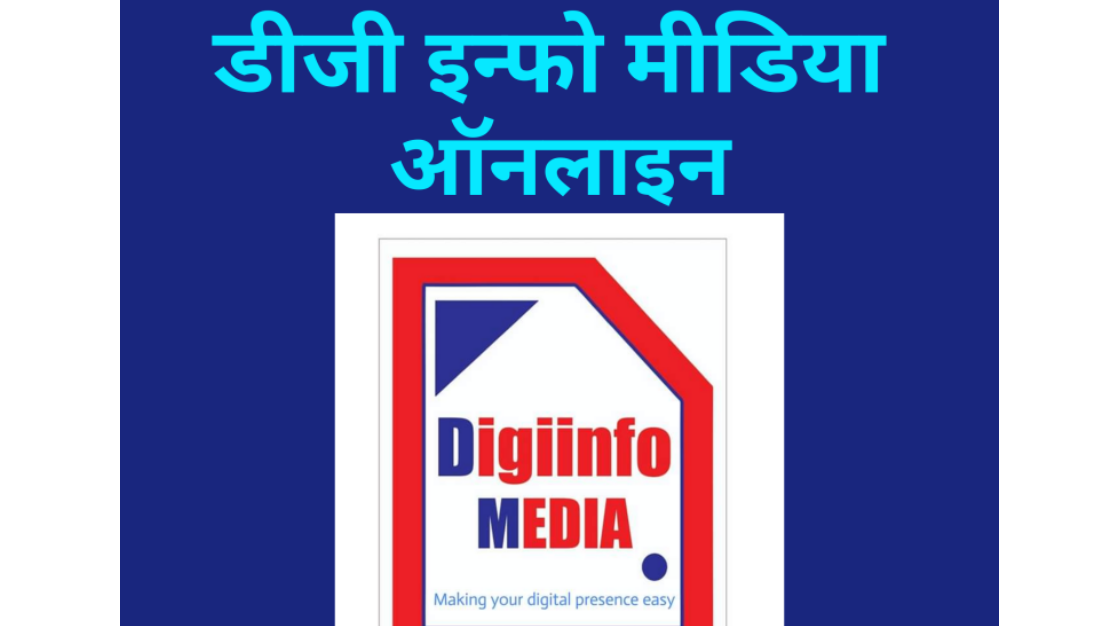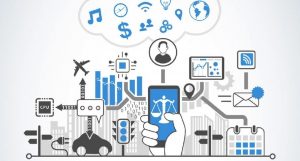
After the invention of mobile phones, we have transformed tremendously. We are accessible to any kind of information through these devices. The technology we create comes in existence along with opportunities, responsibilities and dangers. With companies who are building their own digital tools, we must be aware of the technicalities.
What are Digital Ethics?
With the growth in technology, new complexities occur which are required to be dealt with by digital ethics. It is a field of study concerned with the way technology is shaping and will shape our political, social, and moral existence. The growing nature of uncontrollable risks and its uncertainty will have its effect on people’s understanding of the society. Every technology has impact on human existence and study of digital ethics seeks to estimate this impact and its advantages and disadvantages. In short, we may say that digital ethics are conditions which ensure dignity of user in the internet.
Importance

Everyone who uses the internet usually think about a few issues. Few of them are
- What do people think about me online?
- Is it ethical for me to search and get more information about other people online?
- Should I be friends with my clients and colleagues on any social media platform that may not have the setup of always being professional? I.e. Facebook or Instagram etc.
Another importance of digital ethics is the choices we make online. it has everything to do with how we present ourselves online. It could be our lifestyle or things which are unnecessarily revealed by us. We should always be mindful as to what we share on the internet. Businesses usually ask for our personal information. we should raise questions like
- Why do you collect the data?
- What good does it bring?
- How does it help the individual or group? (whose data you hold)
Digital ethics are still in their infancy, so there aren’t really accepted terms for sub categorization. For the purposes of exploring more specifics, though, we’ll consider “personal digital ethics” and “corporate digital ethics.”
Types of Digital Ethics
Personal Digital Ethics
It talks about how an individual user honors another user’s self-determination online. Say, you were tagged in a picture. The picture was taken by a user who had taken your picture without your consent. Therefore he/she is increasing your visibility on the internet which gets very creepy since unknown people now know you on social media and will try to attack you. This is an example of violation of Personal Digital Ethics.
Corporate Digital Ethics
Corporate digital ethics is the practices of online platforms like social networks collecting sensitive information about users. This collection is often necessary for platforms to deliver their product’s experience, but there is no uniform expectation for what can and should be done with this information. Government can also issue a search warrant of the business and they are not barred from purchasing data from citizens. Which means that everytime you give your data to a business, it is a risk that your data may be sold for misuse.
What can I do?
As precautionary measures, you must always be mindful of the posts you put on social media. Ask yourself as to how your posts may affect your circles. Put yourself in the viewer’s shoes. will you like it if you saw a post resembling what you are about to post? If no, do not post it. Try to analyse how an online platform makes money. Always remember, “If you are not paying for it, you are the product”. In such scenario who would you trust, the website asking for money and providing services or the one which takes your information and lets you enjoy their services for free?
Sources: – www.teck.uk.org; www.lifewire.com; www.process.st.; www.hackernoon.com